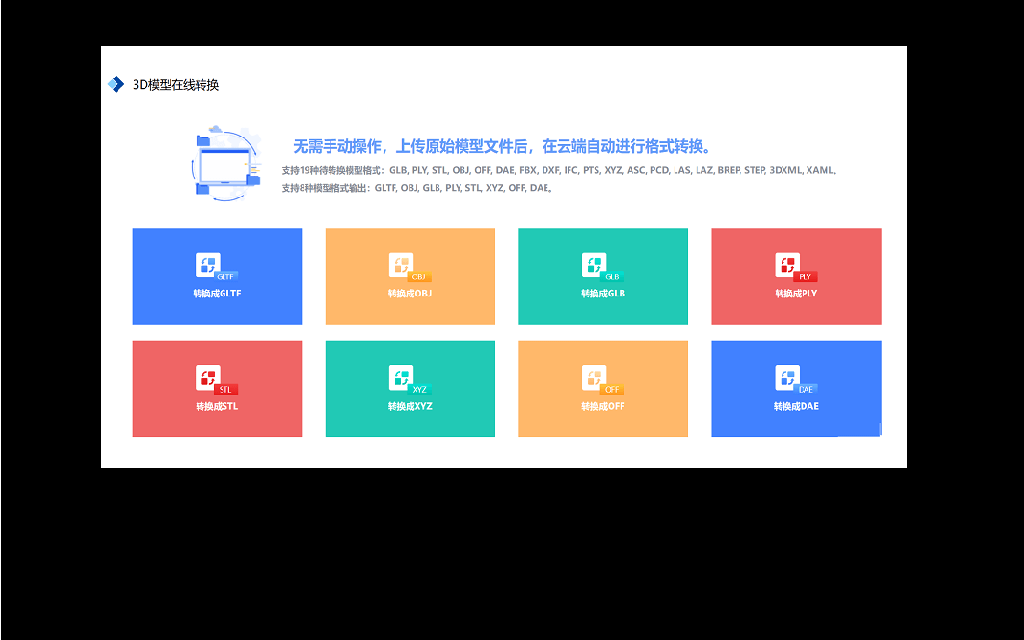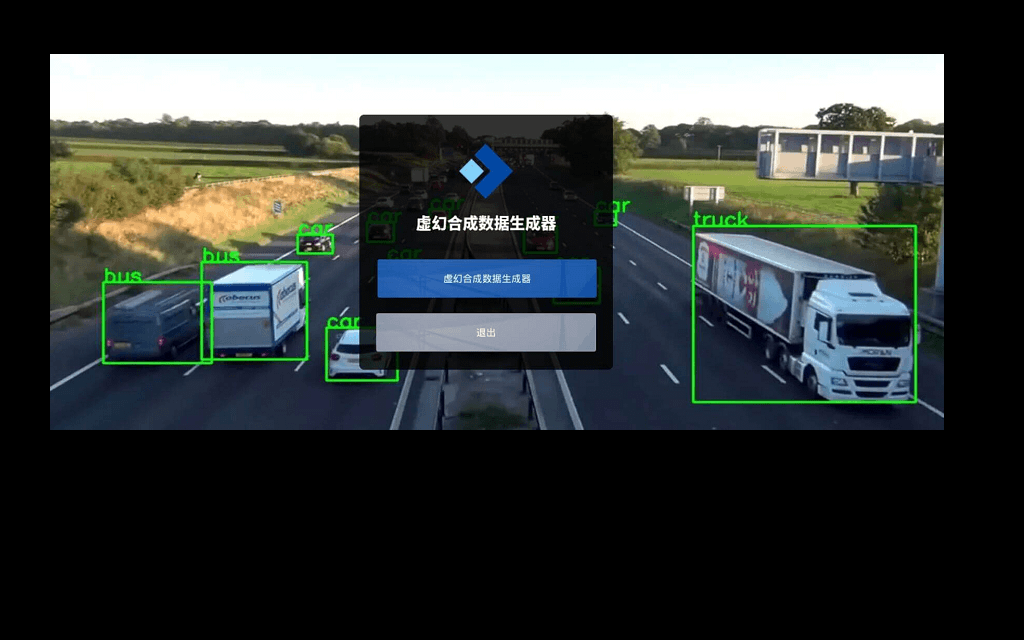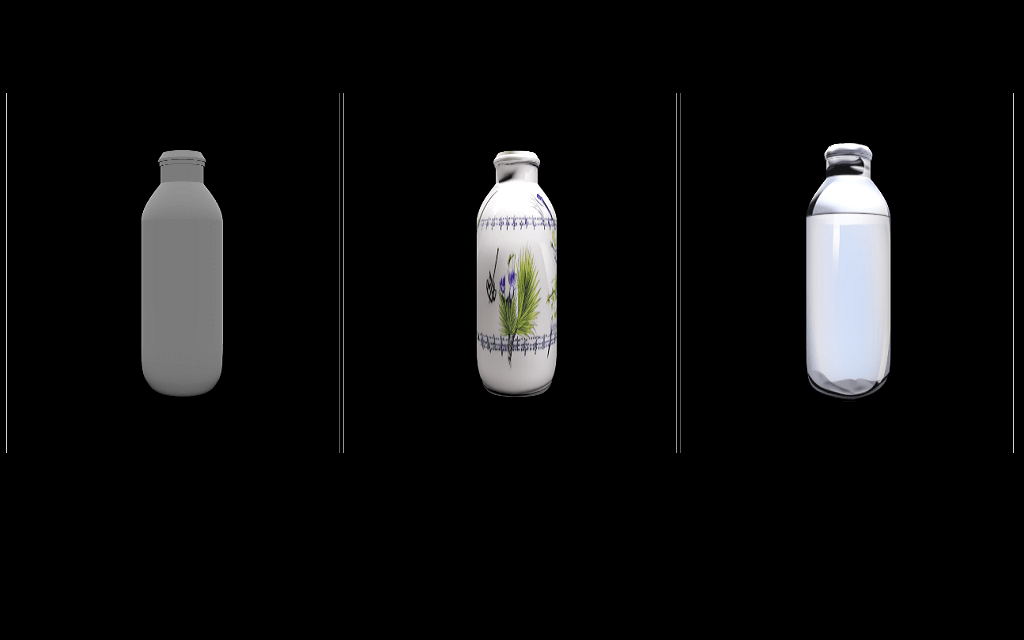Fine-tuned XLSR-53 large model for speech recognition in French
Fine-tuned facebook/wav2vec2-large-xlsr-53 on French using the train and validation splits of Common Voice 6.1. When using this model, make sure that your speech input is sampled at 16kHz.
This model has been fine-tuned thanks to the GPU credits generously given by the OVHcloud :)
The script used for training can be found here: https://github.com/jonatasgrosman/wav2vec2-sprint
Usage
The model can be used directly (without a language model) as follows...
Using the HuggingSound library:
from huggingsound import SpeechRecognitionModel
model = SpeechRecognitionModel("jonatasgrosman/wav2vec2-large-xlsr-53-french")
audio_paths = ["/path/to/file.mp3", "/path/to/another_file.wav"]
transcriptions = model.transcribe(audio_paths)
Writing your own inference script:
import torch
import librosa
from datasets import load_dataset
from transformers import Wav2Vec2ForCTC, Wav2Vec2Processor
LANG_ID = "fr"
MODEL_ID = "jonatasgrosman/wav2vec2-large-xlsr-53-french"
SAMPLES = 10
test_dataset = load_dataset("common_voice", LANG_ID, split=f"test[:{SAMPLES}]")
processor = Wav2Vec2Processor.from_pretrained(MODEL_ID)
model = Wav2Vec2ForCTC.from_pretrained(MODEL_ID)
# Preprocessing the datasets.
# We need to read the audio files as arrays
def speech_file_to_array_fn(batch):
speech_array, sampling_rate = librosa.load(batch["path"], sr=16_000)
batch["speech"] = speech_array
batch["sentence"] = batch["sentence"].upper()
return batch
test_dataset = test_dataset.map(speech_file_to_array_fn)
inputs = processor(test_dataset["speech"], sampling_rate=16_000, return_tensors="pt", padding=True)
with torch.no_grad():
logits = model(inputs.input_values, attention_mask=inputs.attention_mask).logits
predicted_ids = torch.argmax(logits, dim=-1)
predicted_sentences = processor.batch_decode(predicted_ids)
for i, predicted_sentence in enumerate(predicted_sentences):
print("-" * 100)
print("Reference:", test_dataset[i]["sentence"])
print("Prediction:", predicted_sentence)
| Reference | Prediction |
|---|---|
| "CE DERNIER A ÉVOLUÉ TOUT AU LONG DE L'HISTOIRE ROMAINE." | CE DERNIER ÉVOLUÉ TOUT AU LONG DE L'HISTOIRE ROMAINE |
| CE SITE CONTIENT QUATRE TOMBEAUX DE LA DYNASTIE ACHÉMÉNIDE ET SEPT DES SASSANIDES. | CE SITE CONTIENT QUATRE TOMBEAUX DE LA DYNASTIE ASHEMÉNID ET SEPT DES SASANDNIDES |
| "J'AI DIT QUE LES ACTEURS DE BOIS AVAIENT, SELON MOI, BEAUCOUP D'AVANTAGES SUR LES AUTRES." | JAI DIT QUE LES ACTEURS DE BOIS AVAIENT SELON MOI BEAUCOUP DAVANTAGES SUR LES AUTRES |
| LES PAYS-BAS ONT REMPORTÉ TOUTES LES ÉDITIONS. | LE PAYS-BAS ON REMPORTÉ TOUTES LES ÉDITIONS |
| IL Y A MAINTENANT UNE GARE ROUTIÈRE. | IL AMNARDIGAD LE TIRAN |
| HUIT | HUIT |
| DANS L’ATTENTE DU LENDEMAIN, ILS NE POUVAIENT SE DÉFENDRE D’UNE VIVE ÉMOTION | DANS L'ATTENTE DU LENDEMAIN IL NE POUVAIT SE DÉFENDRE DUNE VIVE ÉMOTION |
| LA PREMIÈRE SAISON EST COMPOSÉE DE DOUZE ÉPISODES. | LA PREMIÈRE SAISON EST COMPOSÉE DE DOUZE ÉPISODES |
| ELLE SE TROUVE ÉGALEMENT DANS LES ÎLES BRITANNIQUES. | ELLE SE TROUVE ÉGALEMENT DANS LES ÎLES BRITANNIQUES |
| ZÉRO | ZEGO |
Evaluation
- To evaluate on
mozilla-foundation/common_voice_6_0with splittest
python eval.py --model_id jonatasgrosman/wav2vec2-large-xlsr-53-french --dataset mozilla-foundation/common_voice_6_0 --config fr --split test
- To evaluate on
speech-recognition-community-v2/dev_data
python eval.py --model_id jonatasgrosman/wav2vec2-large-xlsr-53-french --dataset speech-recognition-community-v2/dev_data --config fr --split validation --chunk_length_s 5.0 --stride_length_s 1.0
Citation
If you want to cite this model you can use this:
@misc{grosman2021xlsr53-large-french,
title={Fine-tuned {XLSR}-53 large model for speech recognition in {F}rench},
author={Grosman, Jonatas},
howpublished={\url{https://huggingface.co/jonatasgrosman/wav2vec2-large-xlsr-53-french}},
year={2021}
}


